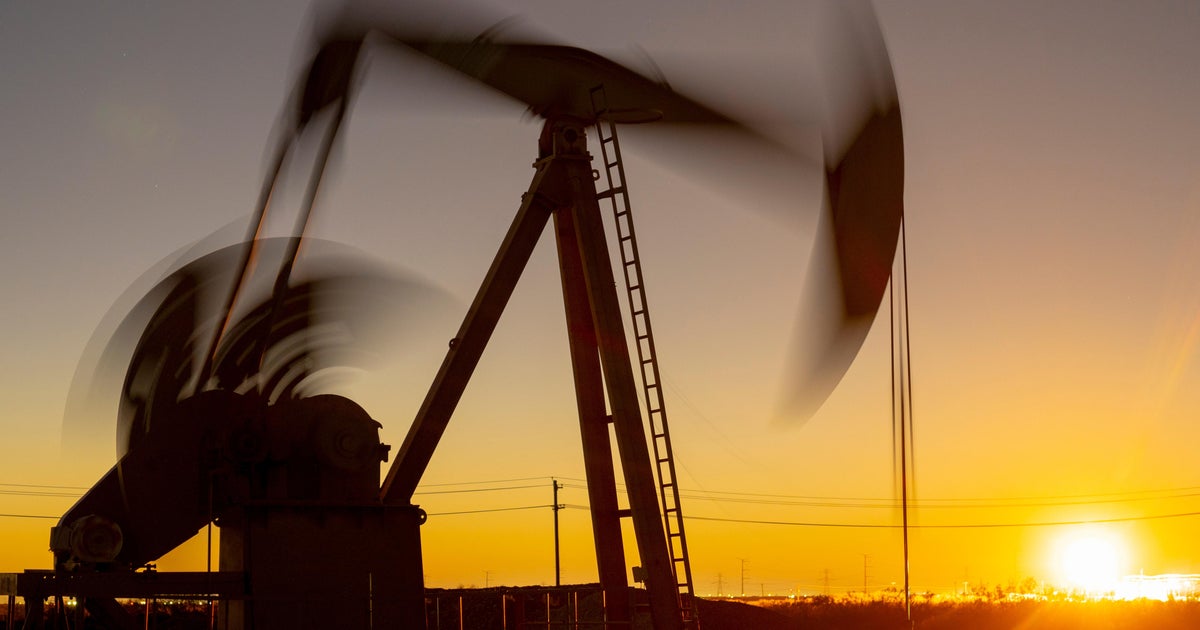Donald Trump’s victory in the 2024 elections President Biden set in motion a race against time to protect his own ecological legacy in his remaining days as president.
But his administration’s increased pace of climate-related announcements will likely mean little once Trump is inaugurated and the Republican-led Congress convenes in January. Biden’s latest climate initiatives will almost certainly be short-lived, thanks largely to an obscure law that tends to come into play every four years.
That law, the Congressional Review Act, allows Congress to terminate any regulation issued by a federal agency in the last 60 days with a simple majority vote of the House of Representatives and the Senate and the signature of the President .
Since Election Day, the Biden administration has announced final rules, including a rule to drastically limit methane emissions and another banning all future coal mine leases on federal lands. Both rules are expected to be reversed soon after Trump comes to power.
Methane is the second most common greenhouse gasafter carbon dioxide, but it traps heat in the atmosphere at a rate of 28 times the amount of carbon dioxide, the Environmental Protection Agency has observed. On the plus side, methane doesn’t stay in the atmosphere as long as CO2, so cutting methane emissions could have a much faster and more dramatic impact on reducing greenhouse gas emissions. Human sources of methane emissions include oil and gas systems, landfills, wastewater treatment plants and many other industrial processes.
On November 12, the Biden administration announced a final rule that will charge oil and natural gas companies a hefty compensation if they exceed methane emission limits. It is an effort to encourage these companies to improve their processes to reduce methane leaks.
The EPA estimates that implementing the methane emissions rule would be equivalent to taking nearly 8 million gas-powered cars off the road for a year.
The Biden administration also recently blocked all new leases for coal mines on public lands, which would affect new leases in Wyoming and Montana, the source of 40% of the nation’s coal. The Associated Press pointed to government analyzes that ending federal leasing would reduce emissions by the equivalent of 293 million tons of carbon dioxide per year, roughly equivalent to eliminating emissions from 63 million gas-powered cars.
Existing leases would still allow mining in the region to continue for decades. But coal has lost ground in recent years as the U.S. has become increasingly dependent on cheap natural gas and renewables — and less on coal.
Republican politicians in Wyoming and Montana have denounced the ban, and Republican Sen. John Barrasso of Wyoming said in a statement that he is willing to work with Trump to overturn the ban and other regulations.
According to Trump, fears about climate change are exaggerated premature. He has called it a “hoax” in the past. He opposes clean energy and EV subsidies and has said what America needs to do is “drill, baby drill” – that is, increase traditional oil and gas production to drive down energy prices for Americans. This should come as no surprise: During his first term, he overturned 100 of President Obama’s environmental regulations upon taking office.
During his presidential campaign, Trump promised business-friendly policies that he claimed would cut energy costs in half within a year by approving new drilling and cutting red tape.
Some experts doubt that will happen.
“There is no universe in which decisions by the federal government could cause such a reaction from the markets,” Jonathan Elkind, a senior researcher at Columbia University’s Center on Global Energy Policy, told CBS News. “The oil markets are too big, they are too global, and the president of the United States does not have the ability to exert such strong influence.”
However, there are still some Biden climate policy that are likely beyond Trump’s reach.
Billions in investments in clean energy were set aside Climate Act 2022the key climate change legislation ever drawn. But the key to protecting that funding is making sure the money is spent or allocated before Inauguration Day, January 20.
Once the grant money is spent, it is highly unlikely that Trump and the Republicans will be able to claw it back.
“Legally, any mandatory fund is safe,” said Christina DeConcini, director of government affairs at the World Resources Institute. “If you listen to incoming government officials, they say they will go next. I don’t think they will have a legal leg to stand on if it is mandatory.”
The EPA says it has learned over the years that the surest way to protect climate policy is to tie regulations directly to legislation and financing.
In total, about $643.1 billion, or more than 93% of available funding, has been obligated, according to a White House official. Billions remain to be spent under the climate bill in the coming budget year, and some Republicans may want to keep climate spending in their districts and states.
Trying to take back the grant funding would mean “potentially taking away benefits for communities, both in terms of protecting public health, but also economic benefits,” Zealan Hoover, EPA’s senior advisor for implementation, told CBS News.
And these subsidies are also far from the most expensive line items in the climate bill. The Energy Department announced nearly $18 million for projects that include strengthening recycling programs, launching residential energy efficiency rebate programs and expanding bike and pedestrian paths. The Department of Agriculture has invested $256 million in the Rural Energy Program for America to expand the use of wind, solar, geothermal and small hydropower.
These types of projects and the subsidies will likely be safe during Trump’s second term.
Tracy J. Wholf contributed to this report.







